What diet changes naturally boost testosterone & male vitality?
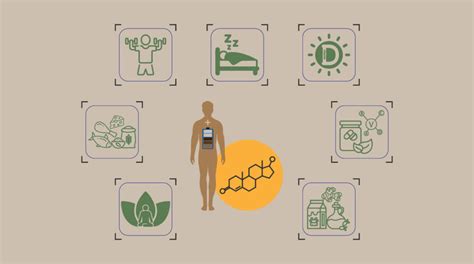
Understanding Testosterone and Its Importance
Testosterone, often called the primary male sex hormone, plays a critical role in more than just libido. It influences muscle mass, bone density, fat distribution, red blood cell production, and mood. As men age, testosterone levels naturally decline, but modern lifestyles and diets can exacerbate this drop. Fortunately, targeted dietary changes offer a powerful, natural way to support healthy testosterone production and overall male vitality.
The Foundation: Macro- and Micronutrients for Hormone Health
Optimizing testosterone begins with a diet rich in specific macronutrients (fats, proteins) and crucial micronutrients (vitamins, minerals).

Healthy Fats Are Your Friends
Contrary to outdated advice, healthy fats are essential for hormone production, including testosterone. Cholesterol, a precursor to testosterone, comes from dietary fats. Focus on monounsaturated and polyunsaturated fats:
- Avocados: Rich in healthy fats and boron, a mineral that may impact testosterone metabolism.
- Olive Oil: A staple of the Mediterranean diet, linked to heart health and potentially testosterone.
- Nuts and Seeds: Almonds, walnuts, flaxseeds, and chia seeds provide healthy fats, fiber, and micronutrients.
- Fatty Fish: Salmon, mackerel, and sardines are excellent sources of Omega-3 fatty acids, which reduce inflammation and support overall health.
The Power of Quality Protein
Adequate protein intake is vital for muscle maintenance and overall bodily functions. While not directly a testosterone booster, sufficient protein supports a healthy body composition, which indirectly benefits hormone levels.
- Lean Meats: Beef, chicken, and turkey provide essential amino acids and nutrients like zinc.
- Eggs: A complete protein source, rich in Vitamin D, cholesterol (the good kind!), and selenium.
- Legumes: Lentils and beans offer plant-based protein and fiber.
Zinc: The Essential Mineral
Zinc is perhaps one of the most well-known minerals for testosterone production. A deficiency can lead to reduced T levels.
- Oysters: Arguably the best dietary source of zinc.
- Red Meat: Beef and lamb are good sources.
- Pumpkin Seeds: A fantastic plant-based source of zinc and magnesium.
- Spinach: Contains zinc, magnesium, and Vitamin K.
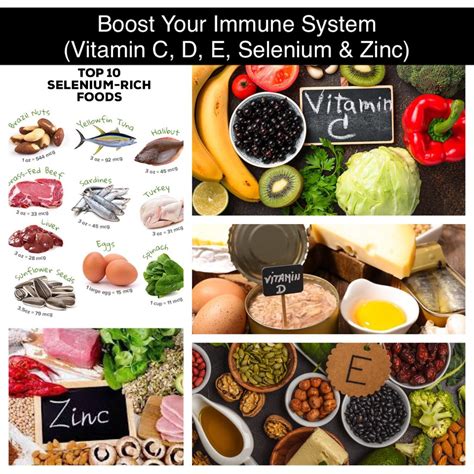
Vitamin D: More Than Just Sunshine
Often called the ‘sunshine vitamin,’ Vitamin D actually functions as a steroid hormone in the body, and its deficiency is common and linked to lower testosterone. Sunlight exposure is ideal, but dietary sources are also important.
- Fatty Fish: Salmon, tuna, and mackerel.
- Fortified Foods: Milk, orange juice, and cereals.
- Egg Yolks: A small amount of Vitamin D.
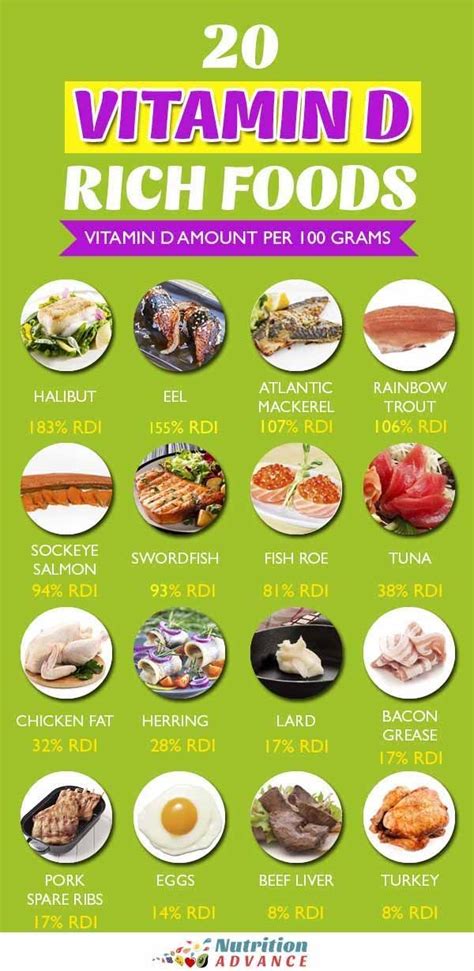
Magnesium: The Unsung Hero
Magnesium plays a role in hundreds of bodily functions, including muscle function, nerve function, and energy production. Research suggests it can increase free and total testosterone levels.
- Leafy Greens: Spinach, kale, Swiss chard.
- Nuts and Seeds: Almonds, cashews, pumpkin seeds.
- Dark Chocolate: A delicious source, in moderation.
Cruciferous Vegetables: Balancing Hormones
Vegetables like broccoli, cauliflower, Brussels sprouts, and cabbage contain compounds called indole-3-carbinol (I3C) and diindolylmethane (DIM). These compounds help the body metabolize estrogen, potentially leading to a more favorable testosterone-to-estrogen ratio.
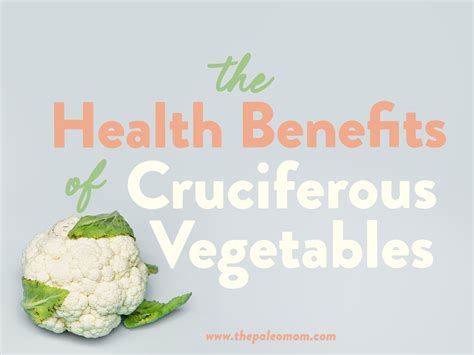
Foods to Limit or Avoid for Optimal Testosterone
Just as important as what you eat is what you avoid. Certain foods can negatively impact testosterone levels.
Processed Foods and Sugars
High intake of processed foods, refined carbohydrates, and added sugars can lead to insulin resistance, increased body fat, and systemic inflammation, all of which are detrimental to testosterone production.
Excessive Alcohol
While moderate alcohol consumption might not be an issue, chronic heavy drinking can directly damage the testes, impair the liver’s ability to metabolize hormones, and significantly lower testosterone.
Soy in Excess
Soy products contain phytoestrogens, plant compounds that can mimic estrogen in the body. While moderate consumption is generally fine, excessive intake, especially in processed forms, might have a negative impact on testosterone levels in some individuals.
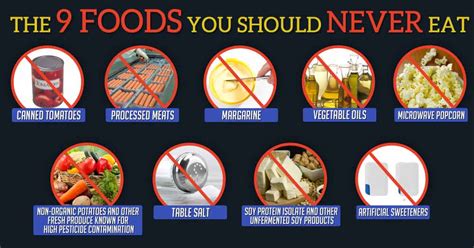
Beyond Diet: A Holistic Approach
While diet is foundational, remember that it’s part of a larger picture. Adequate sleep (7-9 hours), regular strength training, stress management, and maintaining a healthy body weight are equally crucial for naturally optimizing testosterone and male vitality.
Conclusion
Making conscious dietary choices can profoundly impact your testosterone levels and overall male vitality. By focusing on whole, nutrient-dense foods — particularly healthy fats, lean proteins, zinc-rich foods, Vitamin D, and magnesium, alongside cruciferous vegetables — and limiting processed foods, sugar, and excessive alcohol, you can naturally support your body’s hormone production. Always consult with a healthcare professional before making significant dietary changes, especially if you have underlying health conditions.









